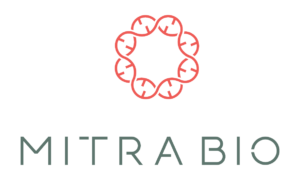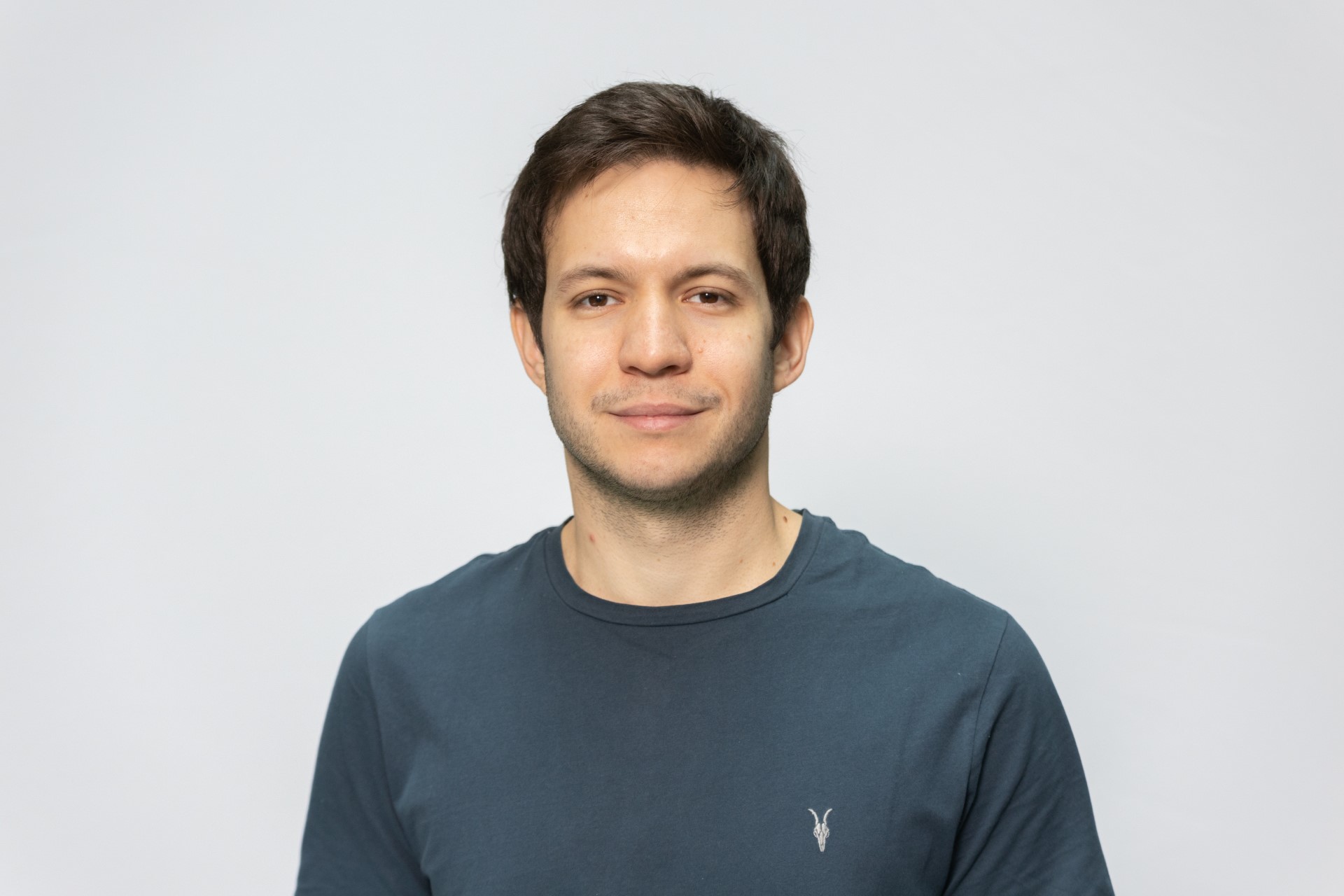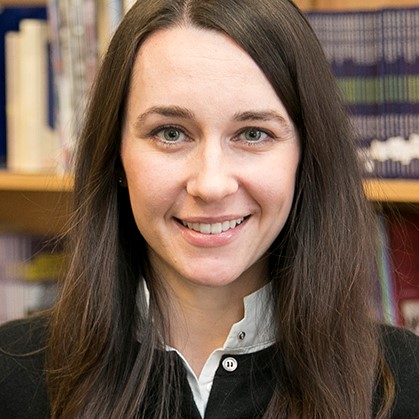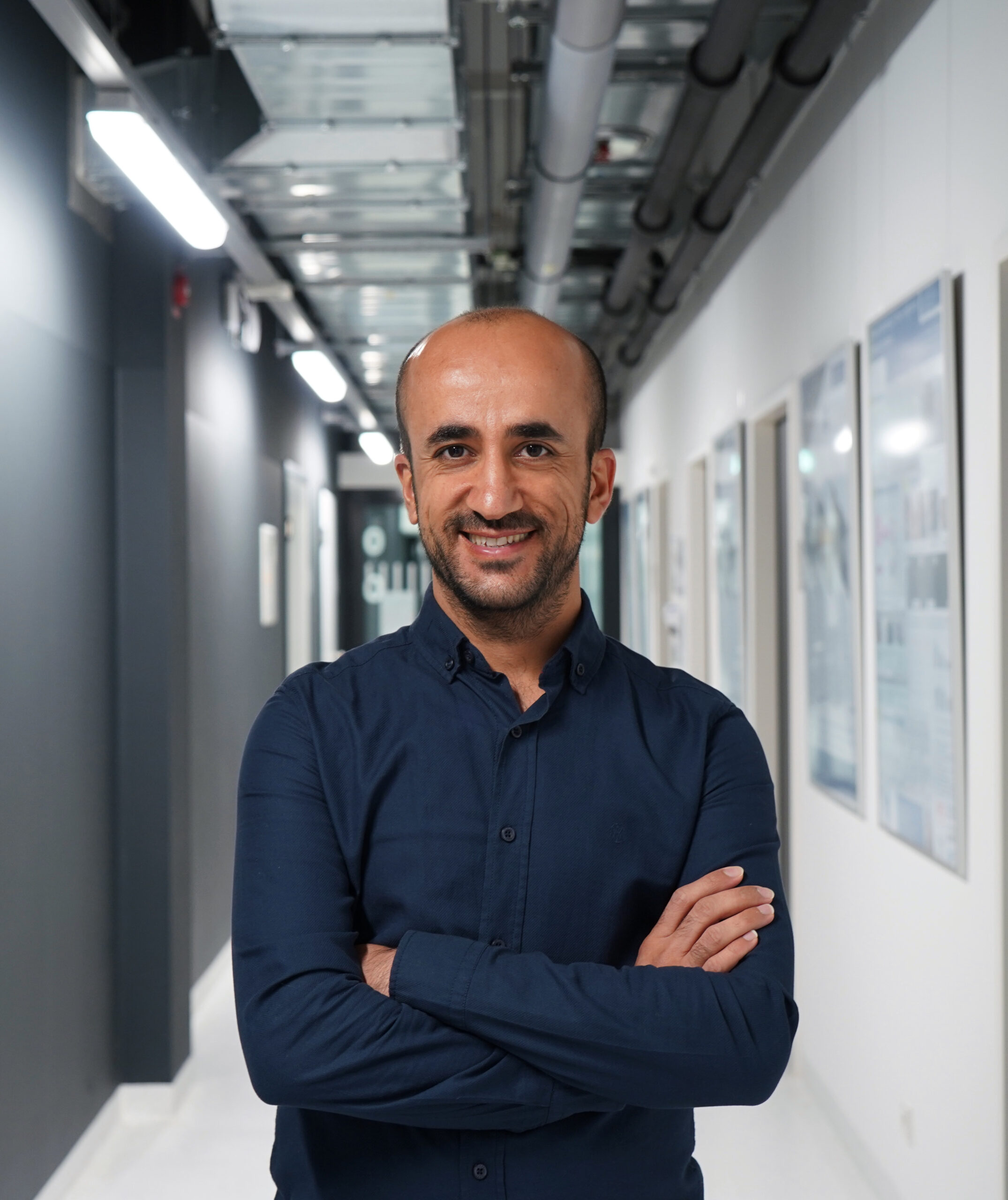PhD in Molecular Genetics
| Senior Scientist | |
|---|---|
| Mitra Bio | |
Year entered into a non-academic position: 2022
Job highlight: Creativity in dealing with a wide variety of challenges, from purely scientific to problems of scaling, as well as managing client relationships.
My research training set me up to approach every problem with the ability to deconstruct it, identify crucial factors and desirable outcomes and work to achieve those in an efficient and quantifiable way. It has made detailed observation and scientific scrutiny second nature, which provides thoroughness to my work. Lastly, successful communication of research was at the core of my training, and this has allowed me to outline goals, report outcomes and interact with my team and external parties effectively.
Left academia after:
- After 2 years of postdoctoral work
What’s your background?
My background is in Biology with a very broad undergraduate degree in the field. I found the interrogation of biological questions at the molecular level to be very exciting, in particular the mechanisms that govern how genotypes turn to phenotypes. I pursued further training with an MSc in Molecular and Cellular Biosciences and then a PhD in Molecular Genetics and Genomics in the context of stem cell development in a model organism.
Why did you move away from academia?
I spent almost 10 years doing research in labs within an academic environment and I realized that there were aspects of the work that I could not see myself doing in the long term.
Academia to some extent is publication-centered rather than discovery-centered, as productivity incentives are geared in that direction.
Publishing is significantly time-consuming and rushing to generate output in this manner fragments work and is not particularly creative in my opinion. Furthermore, there’s often a lack of division of labour in an academic lab which means that expertise in certain areas is not always available to mediate progress.
On another note, career progression after post-doctoral research into a principal investigator position requires a level of commitment significantly more substantial than in most other areas of the industry. You have to go where the work takes you based on where opportunities arise and, in most cases, the first few years as a PI are spent doing admin and writing grants to secure funding which I personally do not find attractive. In addition, most people that follow this career path have a remarkable ability of long-term focus on a particular topic that is accompanied by their capacity to think about it, read about it and work on it on an almost continuous basis. These traits are very beneficial for an aspiring academic, but I am uncertain I possessed them to the required extent. Lastly, in most cases the industry does not fully recognize the years of working experience in academia as opposed to in a corporation, increasing the opportunity cost for someone who might decide to move out of academia later on in their professional life. Having two, four or six years of post-doc/fellowship experience is more or less treated the same as moving out after the PhD.
Is there anything you miss about academia?
The freedom to chase new ideas or avenues that arise through experimentation but might not be immediately relevant to the core research goals. In my experience in academia there is more extensive discussion of broader scientific ideas and developments. Implementation of novel technologies or ideas is not reserved only to those that will provide a competitive advantage.
How did you get this job? Did you face any challenges when considering a move away from academia or applying for the role?
LinkedIn is a very valuable tool in this search as the field of Biosciences at least in London is populated by small and medium-sized start-ups that utilise it heavily to advertise their work and recruit talent. Job openings in larger pharmaceuticals are fewer but easier to find in multiple forums. The most important challenge that you face as an academic moving to the industry is that there is a level of hesitation regarding fitness to more rigid corporate structures and project delivery mechanisms. Work experience in a company is priced higher as an advantage compared to a stronger publication record for a variety of positions.
What motivated you to/why did you choose the sector you transitioned into?
I was looking for a position in industry that would allow me to maintain science at the center of my work. As such, I was looking for roles and companies where I would be able to use my specific scientific skills. The sector of consumer epigenomics is nascent, exciting and within my interests and that is why when an opportunity occurred, I considered it to be a good fit for me.
Did you think you had the skills required for your current position before you started? Were you right?
I was confident that I had the skills required before I started.
Academia, in most cases, prepares you well to take on most tasks. The only requirement is to adapt to a more commercially focused environment and apply those same skills in more flexible ways.
I have now spent over a year in my current position and consider my original assessment to be correct.
How did your PhD prepare you for your current job? For example, what were the transferable skills that you developed during your PhD that are most relevant to your current job?
The scientific way of thinking that relies on empirical evidence and well thought out analysis for decision making is probably the most important transferrable skill I picked up during my PhD.
It is applicable to most complex problems and relevant to most jobs. I would also add the ability to explain and communicate in a clear and structured way, whether in writing or verbally, is also a key skill. Especially if you hold a scientific position in a company where you need to explain your work to people from diverse backgrounds.
Did you have any preconceptions about your sector that proved to be wrong?
I was expecting things to be more formal and pigeonholed in terms of areas of responsibility but fortunately the start-up environment is quite fluid and allows you to be creative in various parts of the business.
Can you describe a typical week in your job?
There is a lot of variety in day-to-day tasks in my current job which can be a plus. In a small start-up you could spend one week working in the lab for a client project then the next week identifying optimal suppliers and writing reports or papers and the one after doing R&D to improve lab processes or to identify opportunities for new parts of products.
What is the workplace culture like? Please include comments on work-life balance, flexibility, remote working?
The culture at Mitra Bio is very open, collaborative, and interactive. All of us get to contribute to the same goal and can have input in various matters. Almost all strategic and research decisions are discussed and are optimized in the process. We have a deliverables-focused mind-set so working hours and work-life balance is very good. There are no barriers to remote working as long as required work can be performed remotely and sufficient interaction between team members is ensured.
Do people with a PhD frequently get hired in the company/sector?
Early-stage start-ups put a lot of effort in quality hires when building teams to work on novel, high-tech products and as a result having a PhD is often a requirement for certain positions or at least an advantage.
What are your favourite parts of your job?
Thinking about future strategy and identifying avenues worth exploring.
What are your reflections on your career path?
No particular thoughts on this. I think in reality we are less in control of it than we tend to believe.
Do you have any advice for current graduate students and postdocs considering a career outside of academia?
The most important piece of advice I have would be to think about it sooner rather than later. Try to imagine yourself in an academic and non-academic environment in the long-term and use it to guide you. Becoming a successful senior academic would benefit from dedication to the cause early on and throughout. Unfortunately, transitioning between academia and industry is not as seamless as it could be, and career progression is a lot more linear if you remain on each track rather than moving from one to the other. So, think about it early and act accordingly.
What do you know now that you wish you’d known when exploring a transition?
The job finding process takes time, especially for highly technical positions such as those occupied by PhDs. My advice would be to start your search early.
Can you recommend any relevant resources, organisations or events that might help somebody new to the sector find out more about it?
I think LinkedIn is a very good resource. Start by following some of the relevant players and the algorithm will take over. In addition, I personally listened to a few podcasts looking at developments in biotechnology like the Long Run to get a feel of what is going on out there at the moment.
 Mitra Bio is looking to revolutionize how we interact with our skin. Utilizing non-invasive sampling to pierce into the epigenetics of the skin, Mitra Bio has generated the knowledgebase to make this possible. Testing for various molecular markers of skin health, assessment of aging progression, disease prediction, and tracking the effectiveness of interventions on the skin are some of the unprecedented capabilities that Mitra Bio has established. The company is currently working with large skincare and pharmaceutical companies to track the effectiveness of interventions directly on the skin. To find out more visit: https://mitrabio.tech.
Mitra Bio is looking to revolutionize how we interact with our skin. Utilizing non-invasive sampling to pierce into the epigenetics of the skin, Mitra Bio has generated the knowledgebase to make this possible. Testing for various molecular markers of skin health, assessment of aging progression, disease prediction, and tracking the effectiveness of interventions on the skin are some of the unprecedented capabilities that Mitra Bio has established. The company is currently working with large skincare and pharmaceutical companies to track the effectiveness of interventions directly on the skin. To find out more visit: https://mitrabio.tech.
Mitra Bio is an R&D-intense company that employs specialists in the fields of molecular biology, genetics, genomics, bioinformatics, computational biology, and data science. Highly technical skills and diverse scientific backgrounds are applied to work towards establishing and optimizing new products, conducting research to generate novel discoveries in the field and delivering maximum insights on client projects.





